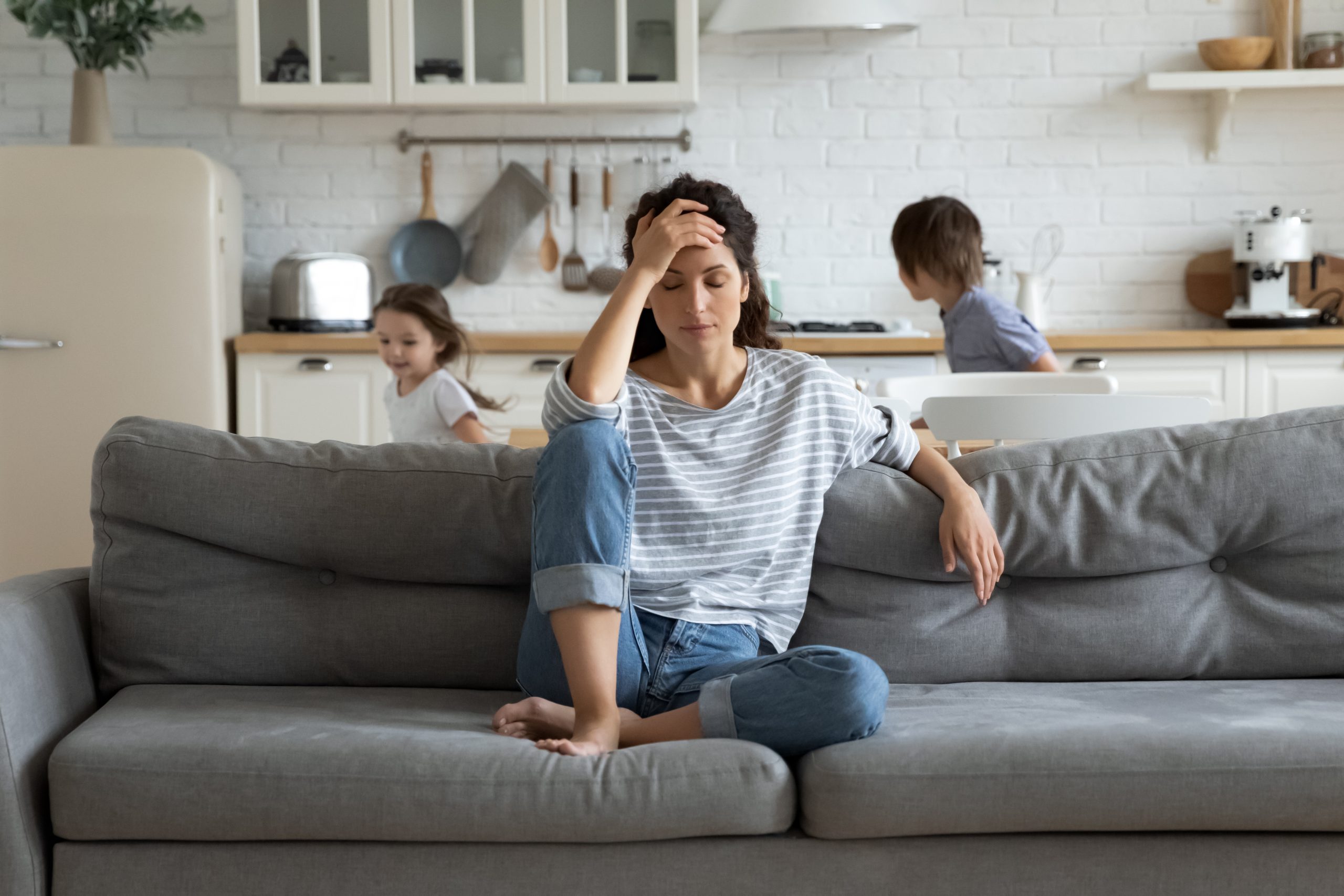Household Bills
Women face 45% ‘motherhood penalty’ on earnings

Women who have children earn up to 45% less than those who are childfree, according to research by University College London (UCL).
UCL researchers used the British Household Panel Survey to compare the earnings of childfree women with those who had children between 1995 and 2005 across the first six years of parenthood.
It found that in the first year, wages typically dropped by 28%, equivalent to an average of £306 a month. This ‘motherhood penalty’ rose to 45% cent when the next six years were taken into account according to the study.
Mothers aged over 30 and those who were highly educated suffered a smaller penalty, potentially because they had already established a career with an employer who valued their progression in the company when they returned to work.
The number of hours worked after the birth of their children was found to be a key factor in the size of the motherhood penalty. Those who returned part-time suffered a bigger reduction in earnings than those who were able to work full time.
Dr Giacomo Vagni, a researcher at UCL’s Institute of Education, said: “We found that mothers who are able to maintain full-time working hours experience little to no penalty. However, few mothers manage to do so. After the birth of their first child, few manage to return to their pre-birth working hours.
“One of the most important mechanisms through which motherhood affects a woman’s career is that the birth of a child creates a very difficult ‘work-care balance’ for mothers.
“The UK is a country with a very expensive private childcare system. Mothers are much more likely to be the ones putting their career aside with the birth of a child. Therefore, motherhood takes mothers away from the labour market during the prime years of career development. Mothers with young children miss out on important job opportunities and promotions.”
Dr Vagni added that employers “also take advantage of the fact that mothers are looking for flexible working arrangements and might offer them lower wages in return” and fathers “do not face this trade-off because they generally manage to take the back seat and enjoy the ride of parenthood”.
Maike Currie, investment director at Fidelity International, said: “Many women may, at some point in their working lives, take time off from their careers to have children or to raise children. However, this can have a substantial impact not only on their income during this period, but also on their future finances.
“In fact, the so-called childbearing or child rearing years for women – increasingly in their mid to late thirties – is also the time when the gender pension gap begins to widen, as time taken away from work can result in less money being saved into a pension.
“Research from our Global Women & Money Study found 23% of women in the UK suffered a fall in their income last year, with an average £463 lost per month. This could equate to £5,556 over the course of a year – close to a quarter of the average annual salary for women (£20, 515)*. For working women either with children, or considering them in the future, last year’s drops in income can mean the difference between being able to afford the cost of childcare or having to take time away from work – causing a knock-on effect on future retirement savings.
“For years women have faced the challenge of both the gender pay and pension gap. However, with the ‘motherhood penalty’ seemingly getting worse following the pandemic more needs to be done to practically support women, so that the trade-off between raising a family and having a secure financial future ends once and for all.”